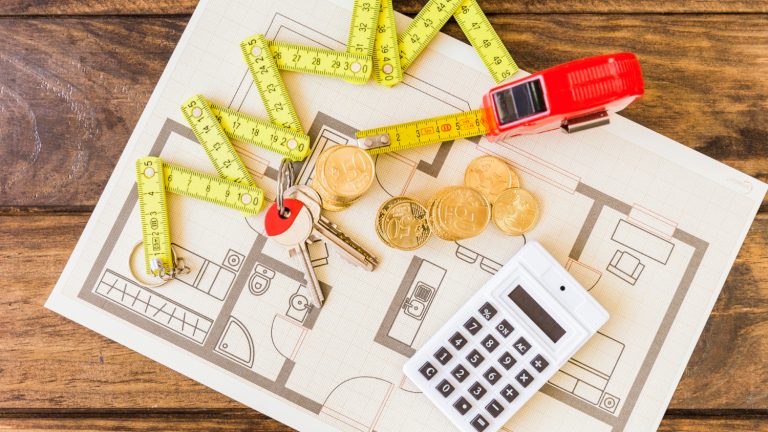Managing construction costs is crucial to any home-building project, especially for homeowners working on a budget. From material expenses to labor costs, it is essential to navigate the complexities of construction costs effectively to ensure the project stays within financial constraints. Here, we will explore valuable tips and strategies to help homeowners manage construction costs efficiently and achieve their dream homes without breaking the bank.
Plan and Research Extensively
Before diving into a construction project, thorough planning and research are essential. Homeowners should clearly define their goals, desired features, and budget limitations. Conducting in-depth research on materials, construction methods, and potential contractors can provide valuable insights into cost-effective options. By having a well-defined plan and understanding the market, homeowners can make informed decisions and identify areas where cost savings are possible.
Utilize Construction Estimating Software
Homeowners can use modern tools such as construction estimating software to estimate construction costs accurately. This software simplifies cost estimation by providing detailed breakdowns of material, labor, and equipment expenses. By utilizing construction estimating software, provided by reputable platforms like Cost Certified, homeowners can gain better visibility into their budget and make informed decisions to control costs effectively. Such software streamlines the estimation process, reduces errors, and enhances cost management throughout the project.
Explore Value Engineering Opportunities
Value engineering involves finding cost-effective alternatives without compromising quality or functionality. Homeowners can collaborate with architects, contractors, and designers to explore different design options, construction techniques, and materials that offer the best value for money. By prioritizing value engineering, homeowners can identify cost-saving opportunities and optimize their budget while achieving their desired outcomes.
Obtain Multiple Bids
When selecting contractors and suppliers, obtaining multiple bids to compare costs and negotiate competitive pricing is crucial. Homeowners should contact several reputable contractors and suppliers and request detailed submissions outlining all expenses involved in the project. As a result, homeowners can assess the best options available and choose those that align with their budget while maintaining quality standards.
Embrace Sustainable and Energy-Efficient Practices
While sustainability and energy efficiency may not directly reduce upfront construction costs, they can lead to long-term savings. Investing in green building practices, energy-efficient appliances, and sustainable materials can reduce utility bills and maintenance costs. Homeowners should consider the lifecycle cost of their choices and opt for environmentally friendly options that can contribute to a more cost-effective and sustainable home in the long run.
Regular Communication and Documentation
Effective communication with contractors, suppliers, and other stakeholders is essential to manage construction costs efficiently. Clear and consistent communication ensures that everyone involved in the project is aligned with the budget and understands the desired outcomes. Homeowners should maintain thorough documentation of all agreements, changes, and costs to track expenses and identify discrepancies accurately.
Prioritize Phased Construction
For homeowners with limited budgets, phased construction can be a practical approach. Instead of completing the entire project at once, homeowners can prioritize essential areas or phases and tackle them in stages. Phased construction allows for better cost management as homeowners can allocate funds gradually and assess the progress and expenses at each phase. By breaking down the project into manageable portions, homeowners can have greater control over costs and make adjustments as needed.
Consider Salvaged and Repurposed Materials
Incorporating salvaged and repurposed materials into the construction process can significantly reduce costs without compromising quality or aesthetics. Homeowners can explore salvage yards, architectural salvage stores, and online marketplaces for materials like doors, windows, flooring, and fixtures. Homeowners save money by giving new life to these items and contribute to sustainability efforts by reducing waste. However, it’s important to ensure the quality and suitability of salvaged materials before integrating them into the project.
Managing construction costs is critical to any homeowner’s building or remodeling project. Homeowners can navigate construction costs effectively and maximize their budget by utilizing construction estimating software, prioritizing value engineering, establishing a clear scope of work, seeking multiple bids, embracing sustainable solutions, and regularly monitoring expenses.
For more detailed estimates, homeowners can explore additional estimation software such as bathroom estimating software and kitchen estimating software, which provides specialized insights for specific areas of their projects. With careful planning, informed decision-making, and the right tools, homeowners can achieve their construction goals within their desired budget.

